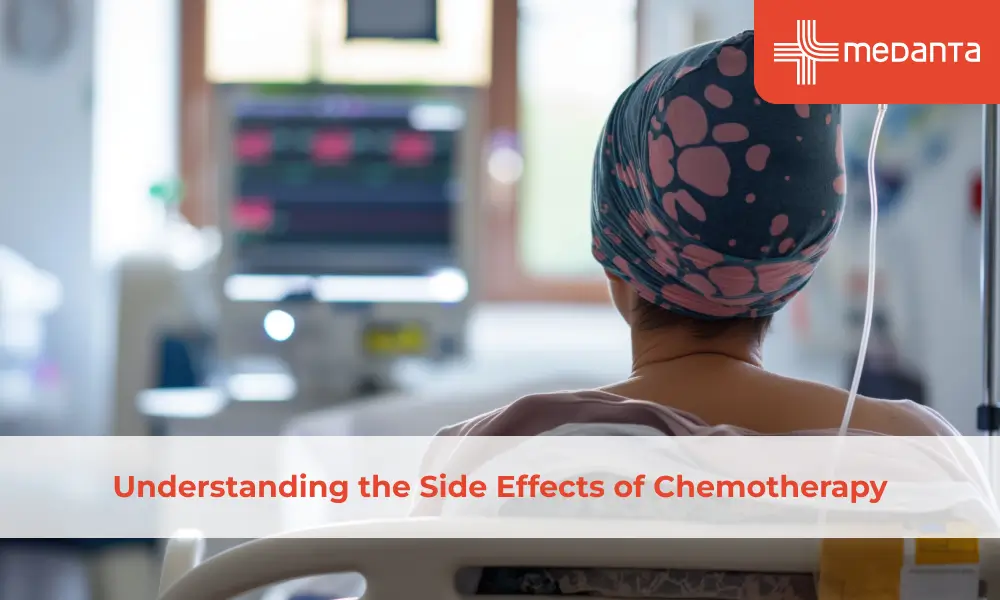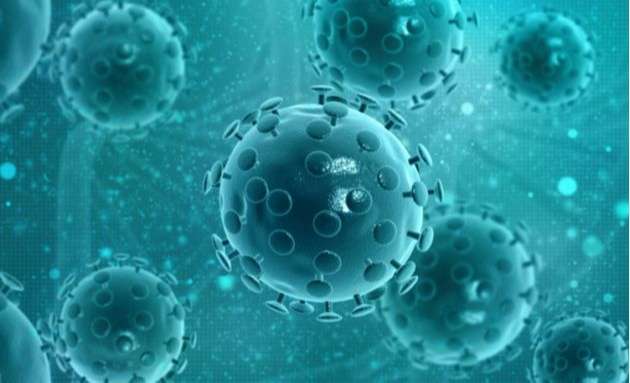Understanding the Side Effects of Chemotherapy
Aug 02, 2018

Chemotherapy is a cancer treatment that uses chemical drugs to arrest the rapid proliferation of cancerous cells. The downside to this therapy, however, is that Chemotherapy drugs cannot distinguish the difference between your body’s healthy fast-growing cells and their cancerous counterparts.
This is the reason why a round of Chemotherapy can come with its fair share of side effects that affect everything from the follicles in your hair to the cells in your mouth, digestive, bone marrow and reproductive system.
Side Effects of Chemotherapy
Here are the top side effects of Chemotherapy that you need to be prepared for:
-
Hair Loss
Loss of hair or Alopecia is one of the most distinct side effects of Chemotherapy. Our hair follicles are one of the many rapidly multiplying cells that are ruthlessly destroyed by Chemo’s cell-killing drugs. This hair loss, however, is not usually permanent and will return once the treatment is completed.
-
Low Energy Levels

Chemotherapy can lead to a significant loss of energy due to the depletion of red blood cells (RBCs) that transport oxygen to our tissues. This can also lead to Anemia in extreme cases. It is therefore crucial that you rest your body and avoid any physical exertion after a round of Chemo and consume foods (like green leafy vegetables and meat) that are rich in Iron. This will help to boost your energy levels by replenishing your low RBC count.
-
Weight and Appetite Loss
Chemotherapy can severely affect your body’s metabolic processes. This can lead to a general loss of appetite and associated weight loss. It is important to keep your body sufficiently nourished with adequate amounts of food and fluids during the length of your treatment. Your body’s metabolism should stabilize once your chemotherapy is concluded as cancer goes into remission.
-
Vomiting and Diarrhoea

Chemotherapy can lead to side effects like diarrhoea as the body tries to get rid of all the damaged cells in the aftermath of a chemo flush. Vomiting is similarly another common side effect of Chemo’s harsh drugs and affects up to 70% of all cancer patients.
Avoid foods that can irritate the inner lining of your body and ask your doctor about anti-nausea drugs (antiemetics) if you continue to face a constant urge to vomit. It is also important to ensure that you replenish your lost fluids with plenty of water and juices throughout your treatment to avoid dehydration.
-
Loss of Hearing
Certain chemotherapeutic drugs can lead to temporary as well as permanent hearing loss due to their toxic (toxic to the ear) nature. Tinnitus (Ringing in the ears) is a common problem that is caused due to platinum heavy chemotherapy drugs.
-
High Risk of Infection

Chemotherapy can put you at an elevated risk of contracting harmful infections. Chemo drugs can lower your immunity when they eat into your body’s white blood cell (WBC) count. Your body’s WBC’s are your natural defenders against harmful infections and will as a result require a dose of antibiotics to supplement their fight against harmful infections. You should also ensure that your personal surroundings are sterile and germ-free to lower the risk of contracting harmful infections during such vulnerable stages of therapy.
-
Blood Clotting Issues
Platelets are blood cells that are responsible for thickening your blood (coagulation or clotting) and preventing excessive blood loss when you have an open cut or injury. People who undergo chemotherapy, however, face the risk of major blood loss during the simplest of wounds if they have low platelet counts and can even require an emergency transfusion in extreme cases.
-
Inflammation and Ulcers

Chemotherapy can also lead to the development of painful ulcers in your mouth due to an inflammation of your oral mucous membrane (Mucositis). Mucositis can also develop at various points in your digestive and excretory system.
While Chemotherapy can sometimes seem like a double-edged sword due to its many many side effects it is important to note that a majority of its side effects can be managed with due care and guidance from your cancer physician.






